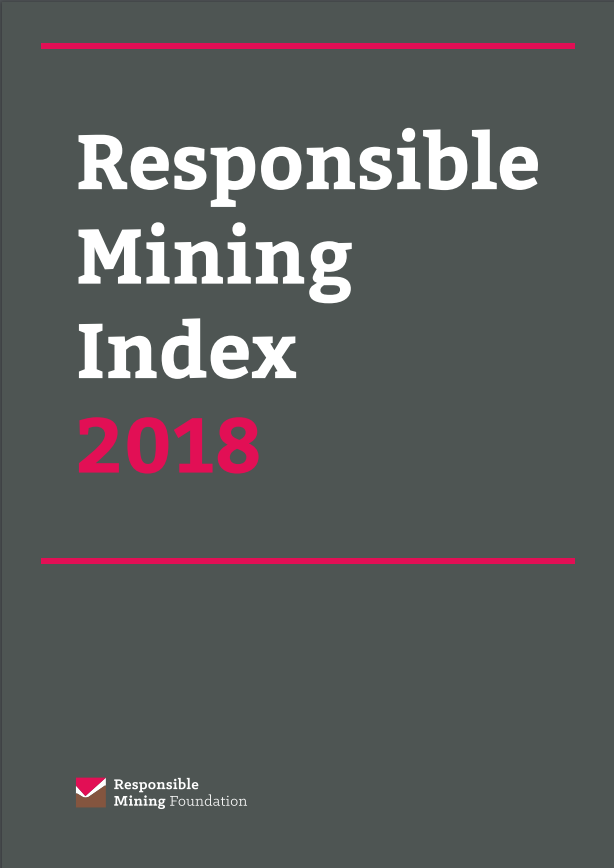Measurement Action Freedom – An independent assessment of government progress towards achieving UN Sustainable Development Goal 8.7
PublicationsNo country in the word is exempt from modern slavery. Regardless of size, population or wealth, this insidious crime permeates national borders and global supply chains. Even in countries with seemingly strong laws and systems, there are critica...Read More

